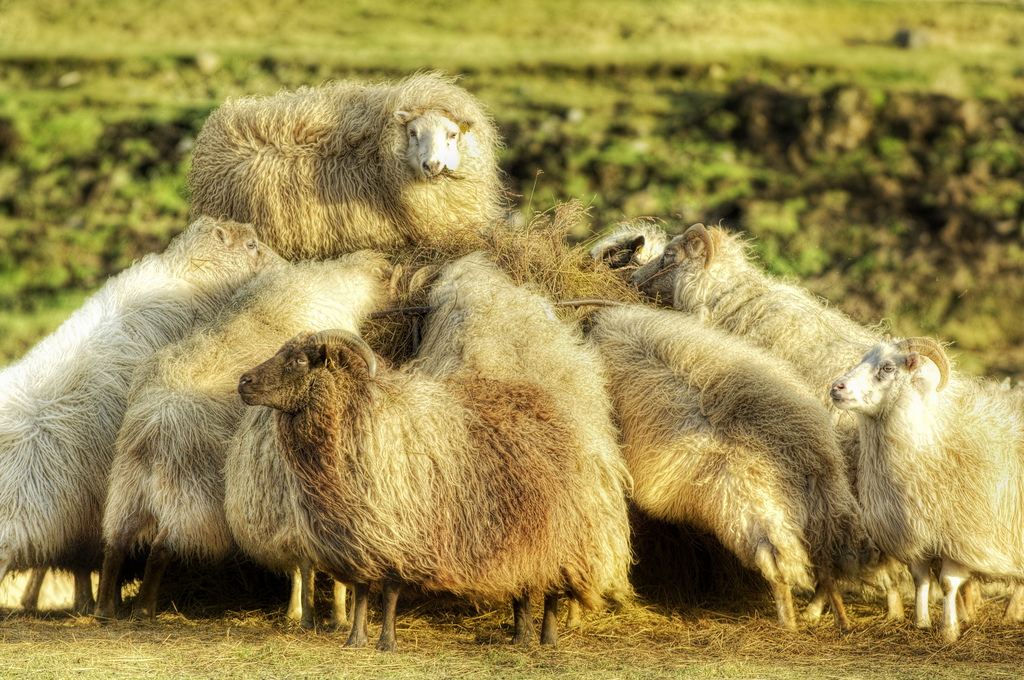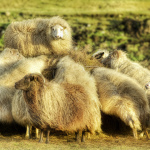
23 Oct CFP Animal Publics: Emotions, Empathy, Activism (AASG, Melbourne: July 12-15, 2015)
6th Biennial Conference of the Australian Animal Studies Group (AASG): July 12-15, 2015.
Convened by the Australian Centre and the Human Rights & Animal Ethics Research Network (HRAE), University of Melbourne.
Call for Papers
Open until Monday November 17 – please share! Download the pdf here
The human/nonhuman animal relationship is continually in flux. In the twenty-first century our relationship with other species is more complex than ever. Images of animals dominate advertising and the internet. Many people feel a profound connection with their companion animals, consider them part of the family, and grieve when they die. At the same time almost all the species we breed for consumption are processed through the animal industrial complex, and are neither seen, nor heard, nor touched in a living state. Animal exploitation and commodification is increasingly hidden from public view. The predominance of some species, and the complete absence of others, in our relationships with animals, raises important questions about how we understand and empathise with others. Why do so many people have such an emotional response to animals? Why do children bond with animals? What have we lost by excluding so many animals from the public domain – from our cities and day-to-day lives?
New advances in science indicate that we are only beginning to understand the complex nature of the emotional and ethical lives of animals. Philosophers have begun to re-think the way in which they have theorised some form of ‘essential’ divide between human and nonhuman animals in order to define what it means to be ‘human’. Political scientists have begun to discuss the issue of social justice for animals. Artists, writers and filmmakers now question the validity of an anthropocentric viewpoint in their creative works.
In this interdisciplinary conference, Animal Publics, we ask: How can the lives of animals be made visible – brought into the public domain? How might they be transformed? What roles might direct engagement, academic discourse, bearing witness, the arts, or community debate take? What part do emotions play in the changes taking place across a range of key discourses and in our relationships with nonhuman ‘others’? How should we understand our emotional response to animals and how important should the emotional lives of animals be to us? How might the emotions, empathy and activism be brought to bear on making the lives of animals visible in the public domain?
We seek abstracts that address the theme ‘Animal Publics: Emotions, Empathy, Activism’ in relation to humans and other species:
− In what sense can we ‘know’ nonhuman animals?
− What role does empathy play in the human/nonhuman relationship?
− How might the emotions help us to rethink the boundary between human and nonhuman?
− How does anthropomorphism influence the human/nonhuman relationship?
− Why is the human species so fascinated with nonhuman species?
− How can the lives of animals be made visible – brought into the public domain?
− How can we use the law to regulate the lives of animals when most animals are absent from our lives?
− Why are some species rendered invisible to the public while others enjoy a privileged status? − Why are animals so frequently omitted from discussions about sustainability & the future of global food production?
− Why does the human species ‘deny’ its animal origins?
− What role should emotions play in ethical responses to animals?
− How has science influenced the human nonhuman relationship?
− What role do emotion and empathy play in response to species extinction and climate change?
− Why do we care more about some creatures than others?
− What impact do representations of animals have on the human/animal relationship?
− Is ethical consumerism an adequate response to species with whom we do and do not empathise?
− What can the ‘othering’ of animals teach us about ourselves?
− What role should animal welfare science play in teaching us about the needs of nonhuman
animals and other species?
− What has the animal protection movement contributed to our understanding of nonhuman
animals?
− How should we live ethically and emotionally with other species in the era of the Anthropocene?
Submissions are not limited to the suggestions above. Contributions from all disciplines are welcome.
Details:
Word Limit: conference abstracts should be no more than 250 words for a 20 minute paper.
The call for papers closes on Monday November 17.
Please email your abstract to: aasg-conference@unimelb.edu.au
Please include the paper title, abstract, your name and your institutional affiliation.
For more information visit http://humananimal.arts.unimelb.edu.au or http://australian-centre.unimelb.edu.au or contact aasg-conference@unimelb.edu.au
(Image: “The Sheep” Trey Ratcliff)




No Comments